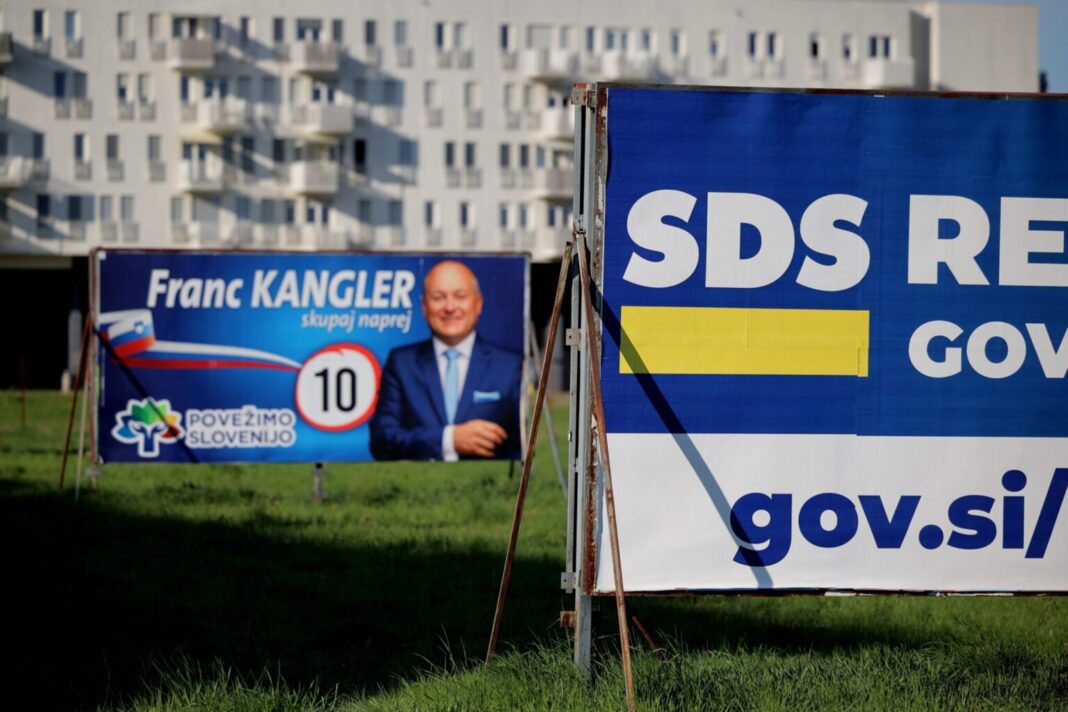By: Tanja Brkić / Nova24tv
Last year, the European Commission presented a proposal for a harmonised set of rules on transparency and targeting of political advertising, which they also voted on and approved. The changes will apply to online and offline political advertising. Political advertising is central to informing and influencing how people vote and can affect citizens’ perception of the legitimacy of their own political system, especially if it is published in the run-up to an election. The rules governing political advertising are therefore crucial to guaranteeing citizens’ fundamental rights and the integrity of democratic processes. Many warn that the proposal will restrict political campaigns.
In many EU Member States, the rules on election campaigning still focus on offline campaigning, mainly using traditional media. However, digital technologies and social media have revolutionised electoral campaigning, making rules designed to deal with offline political campaigning insufficient or difficult to enforce. On the one hand, the online environment allows political parties and other stakeholders to target potential voters much more effectively than in the offline world. On the other hand, the use of these techniques can have serious implications for citizens’ right to privacy, as they can be used to quickly spread misinformation, fragment political debate, and manipulate voters, affecting their ability to make free and informed political decisions.
In response to these challenges and to deliver on the commitments set out in its Action Plan for European Democracy, the European Commission has presented a new legislative package on how to strengthen democracy and ensure the integrity of elections. They have now voted on and endorsed the Institution’s position on a draft EU rulebook to set transparency and privacy rules for political advertising on platforms such as Facebook and Google. While the law, presented by the European Commission in November 2021, is still subject to negotiation with Member States, politicians could be limited to sending paid political messages to users on online platforms based on just three pieces of information, including the language they speak, whether they are voting for the first time and their general location within 60 days of an election or referendum. Outside these periods, the use of all data would be allowed, except for sensitive information such as sexual orientation and political leanings, and campaigns based on online voter profiling, according to Portal 24.
Will EU Member States stop the march of restricting political campaigning?
According to Group of the Greens MEP Alexandra Geese, parties will not be able to send one message to one group of voters and a completely contradictory message to another, as they do now. Until now, political parties have been able to show small groups of voters different tailored ads based on their online behaviour and a multitude of online personal data, such as ethnicity and religious beliefs. The Cambridge Analytica scandal was a case in point and was one of the key reasons behind the EU Parliament’s decision. The scandal had an impact on the 2016 US elections and the Brexit referendum. Microtargeting has also been used by other governments to sow dissent and distrust among local voters.
The European Parliament has also proposed to ban groups based outside the EU from buying political adverts shown to the bloc’s citizens and to require major social media to publish real-time information about the adverts they show in databases. The changes are expected to meet some resistance from some Member States, as some have largely supported targeted advertising with some restrictions on the use of sensitive data.
Some MEPs who disagreed with the proposals cited the potential restrictions on online political campaigning and its possible increase in cost as a reason.
The main obstacle will be convincing EU countries in the Council during the negotiations, which could start as early as this month. They will try to finalise the rules before April 2024, in time for the European elections. The rules governing political propaganda during election periods are the centrepiece of the electoral legislation. However, traditional campaign rules can be ineffective or difficult to enforce in the online environment, where new techniques are being used to target potential voters with tailored political messages based on large amounts of personal data that reveal their sensitivities.

